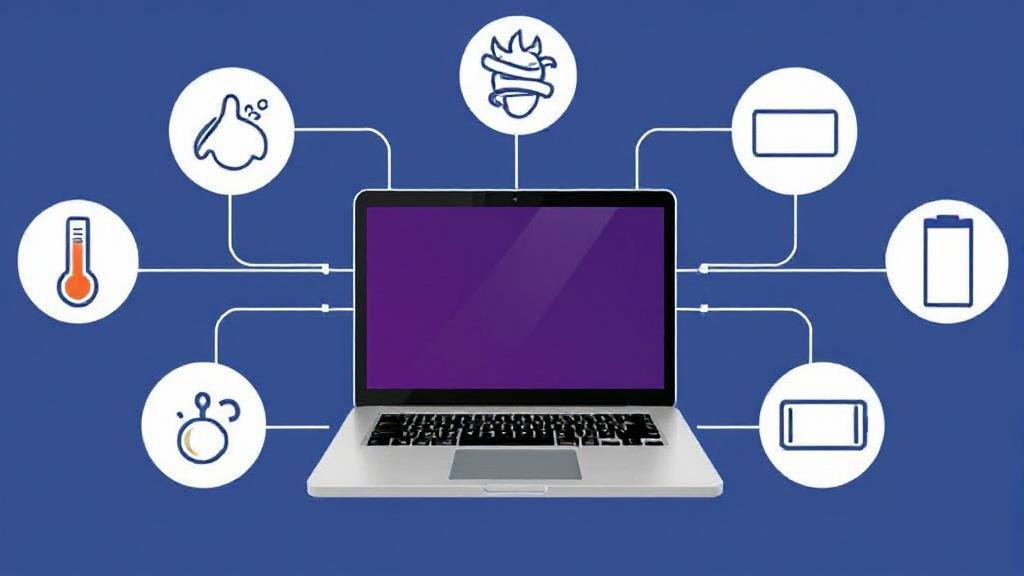Introduction
In today's fast-paced digital world, laptops have become essential tools for both personal and professional use. The average laptop lifespan typically ranges from 3-5 years, but understanding the factors that influence longevity can help you extend your device's life and get the most out of your investment.
Key Factors Affecting Laptop Lifespan
Build Quality and Components
The build quality and components of a laptop significantly influence its lifespan. Laptops made with high-quality materials and robust construction tend to last longer. Brands known for their durable laptops include Apple, Dell, and Lenovo. The quality of internal components, such as the processor, RAM, and storage, also plays a crucial role.
Battery Health
The laptop battery is often the first component to show significant wear. Most lithium-ion batteries maintain optimal performance for 300-500 complete charge cycles. To maximize battery longevity:
- Keep charge levels between 20% and 80%
- Avoid extreme temperatures
- Use manufacturer-recommended chargers
- Occasionally allow full discharge cycles
Storage Drive Type
- SSD (Solid State Drive): More reliable, faster, and longer-lasting due to no moving parts
- HDD (Hard Disk Drive): More prone to failure, slower, but typically more affordable
Environmental Factors and Physical Care
Temperature Management
Excessive heat is a laptop's worst enemy. Proper temperature control involves:
- Regular cleaning of vents and fans
- Using laptop cooling pads
- Avoiding use on soft surfaces like beds or couches
- Maintaining room temperature between 50-95°F (10-35°C)
Physical Care and Maintenance
- Use protective cases during transport
- Clean regularly with appropriate materials
- Keep away from liquids and food
- Handle with clean, dry hands
- Use a surge protector for power protection
Software Management and Usage Patterns
Software Best Practices
Resource Utilization
"The key to extending laptop life is maintaining balanced resource usage and avoiding constant maximum load on components." - IT Professional Magazine
Professional Maintenance and Upgrades
Regular Servicing
Schedule professional maintenance every 12-18 months for:
- Thermal paste replacement
- Deep cleaning
- Hardware diagnostics
- Component updates
Upgrade Considerations
| Component | Typical Upgrade Benefit |
|---|---|
| RAM | Improved multitasking |
| SSD | Faster performance |
| Battery | Extended mobility |
Data Management and Backups
Maintain optimal performance through data hygiene:
- Regular backups using cloud services
- Removing unnecessary programs
- Organizing files efficiently
- Maintaining adequate free space
Signs of Aging
Monitor these indicators of declining laptop health:
- Significantly slower boot times
- Frequent crashes or freezes
- Battery lasting less than an hour
- Unusual noises from internal components
- Screen display issues
By understanding these factors and following proper maintenance procedures, you can significantly extend your laptop's useful life beyond the average expectancy. For more detailed guidance, you can refer to resources like PCMag's Laptop Buying Guide or CNET's Laptop Maintenance Tips.
